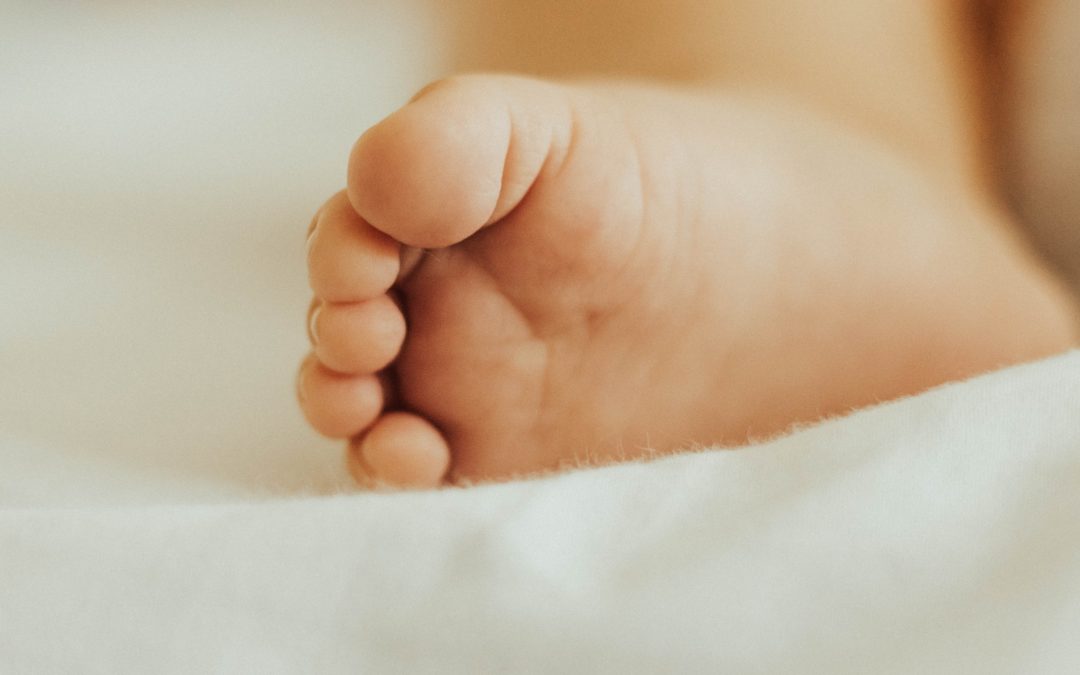“The thief comes only to steal and kill and destroy; I have come that they may have life, and have it to the full.”
—Jesus in John 10:10
One pro-life group estimates that more than fifty-seven million abortions were performed in the forty years after the Supreme Court handed down its Roe v. Wade ruling. This 1973 decision effectively legalized abortion on demand. While the sheer numbers are overwhelming, I remember one in particular. This baby accomplished the impossible—surviving the abortionist’s attempt to snuff out his life. Though strong enough to temporarily live outside the womb, he was too young to survive for very long after being separated from his mother, primarily because his lungs weren’t developed adequately enough to support his body’s needs. Medical science had failed to kill him quickly, and now medical science had little to offer that would allow him to live. The nurses called me to the operating room where his abortion was in progress.
At the time, I had been a physician for about three years. I had seen a few aborted fetuses who still had a heartbeat. But this infant wasn’t lying limp like the others were doing. He was moving his arms and legs and looked as if he wanted to cry—a rather embarrassing situation for the abortionist. The situation struck me as absurd. Just minutes earlier, this fragile human being had legally been a “nonperson” possessing no rights. Yet, after surviving the abortion, he had magically become a “person” entitled to medical care (however inadequate that care happened to be). The same system that had failed to kill him was now in charge of saving his life.
I transferred him to the neonatal intensive care unit (NICU) when it became obvious to me that this infant was too tough to die quickly. Attendants placed him under a heating lamp for warmth in his NICU baby bed. As I stared down at his frail body, emotion arose in my chest with each tiny heartbeat. I had the impression that the entire universe revolved around this one human being. I had often written routine orders for premature babies’ admittance to the NICU, but this admission clearly was not routine.
Over several hours, as his breathing became more labored, he grimaced several times—evidence of a struggle with something he had no ability to comprehend. While I could see him, with his eyes fused shut he could not see me. He would never know me or remember me, but I would always remember him. Finally, his grunting quieted, movements ceased, and the grimace passed. Though he was no longer breathing, his heartbeat continued. (It isn’t unusual for babies’ hearts to keep beating for some time after they are in all other ways dead.) Because of the irreversible brain damage he had sustained due to lack of oxygen, I pronounced him dead.
I’ve tried to understand why so many babies like this little boy can be killed, while others of us have our lives and rights protected. I have posed that question to medical peers who perform abortions and have been surprised by the numbers who justify them based on economics. A typical response: “It’s cheaper in the long run for taxpayers to pay for abortions rather than letting unwanted babies be born and become a burden to society.” (The majority of patients at the county hospital where I worked then were poor, and tax money paid for most of their medical care.)
Our government allows for nonviolent change in law. When we the people judge a law to be immoral, we can modify it through elected officials. The time is ripe for additional laws against abortion. In the same way, various states have moved to restrict unfettered access to this heartless practice in recent years, reasonable people should act to prevent more unborn babies from being categorized as “nonpersons” and extinguished before they can draw one breath. Whether or not abortion is wrong is not the question on which we should focus. The question is whether we will effect change in our world. Will our children someday hang their heads in shame because of what we allowed to be done to their brothers and sisters? Abortion is a sin against those among us who are the most innocent and vulnerable.

